Faculty of Medicine Universitas Padjadjaran takes part in the CALOHEA (Measuring and Comparing Achievements of Learning Outcomes in Higher Education in Asia) research project from 2021-2024. The CALOHEA project aims to contribute to the internationalization of higher education institutions in Southeast Asia through developing a series of interrelated measures that are indispensable for improving recognition of higher education degrees. The project is co-funded by the Erasmus+ Programme of the European Union. The ASEAN University Network (AUN) acts as a co-coordinator within the region, while the University of Groningen (RUG) is the project coordinator.
In the framework of the CALOHEA Erasmus+ project co-funded by the European Union, the representatives of Universitas Padjadjaran will take part in the Final General Meeting which will take place in Bangkok, Thailand from 30th June to 4th July 2024. UNPAD representatives previously also participated in the 1st National Dissemination Meeting in Institut Teknologi Surabaya and 2nd National Meeting in Universitas Hasanudin. The most recent activity of this project was the 7th General Meeting that took place in Porto Portugal from 12th to 17th December 2023.
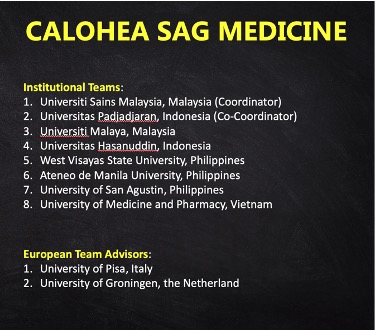
The complete structure of the CALOHEA team from UNPAD is as follows:
1. Team Lead : Dr. Yuni Susanti Pratiwi dr., MKes
2. Deputy Lead : Dr. Nita Arisanti., dr., M.Sc.FM
3. Team Member : Dr. Yulia Sofiatin dr., SpPD
4. Team Member : Dr.med Hasan Bashari, dr
.
UNPAD CALOHEA team that join in Specific Subject Group Medicine has carried out the project by collecting data to comprehend and construct:
| 1. | The Meta-profiles, The meta-profiles are analyzed in light of the most recent National Qualification Framework (e.g., Indonesia: KKNI), National Standard Competency of Indonesian Medical Doctor (SKDI) and the Subject-Specific Framework (e.g., graduate profiles of the specific disciplines in a study program). Meta profiles are the expected graduate profiles, consisting of the dimension and sub-dimension elements such as the Knowledge, Skills, and Responsibility element as the Reference Framework. |
| 2. | Student workload measurement as an integral part of curriculum design. This is undertaken by conducting online surveys and interviews to understand student workload, preparing and consulting for Desk Estimation of Student Workload. The procedure was carried out in three phases, namely 1) Analyzing student workload per course/ unit/ module, 2) Analyzing student workload for all courses/ units/ modules of the semester, and 3) Analyzing student workload planned for and communicated to students. In this last stage, students’ feedback is gathered for further recommendation. |
| 3. | Authentic assessment of internationally comparable learning outcomes. This has been conducted by engaging lecturers and other stakeholders (such as students and employers) in coordinated efforts to ensure the gradual and full implementation of the authentic assessment (AuA). The activities for AuA should represent real-life contexts, real-world tasks, and activities, as well as realistic/simulated situations. In AuA, the students are expected to learn and know how to apply their skills in authentic tasks and projects. As for the lecturers, they are required to provide valuable feedback to students. |
To learn more about the project, please visit the CALOHEA website at https://calohea.org/



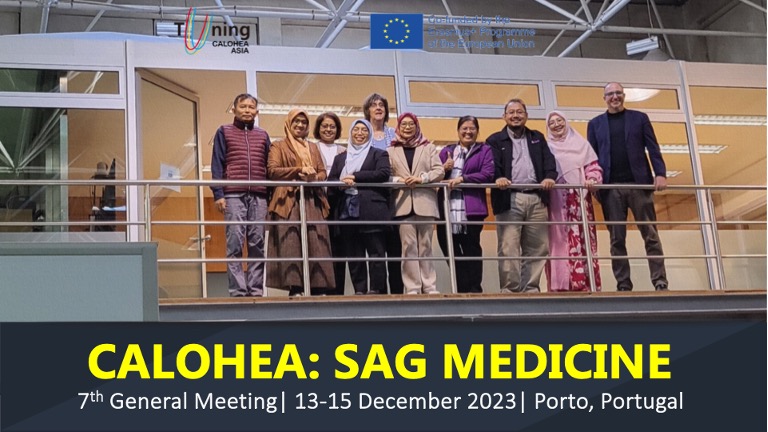
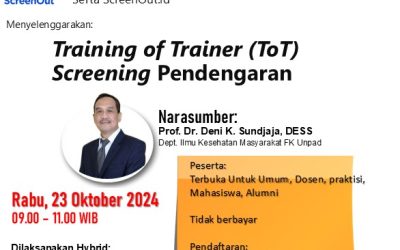
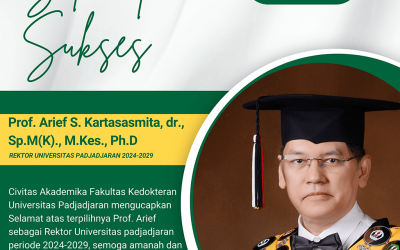
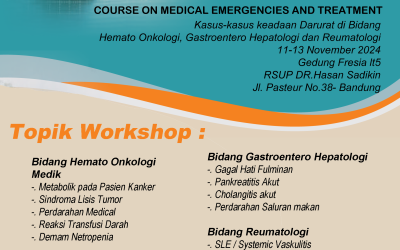
0 Comments